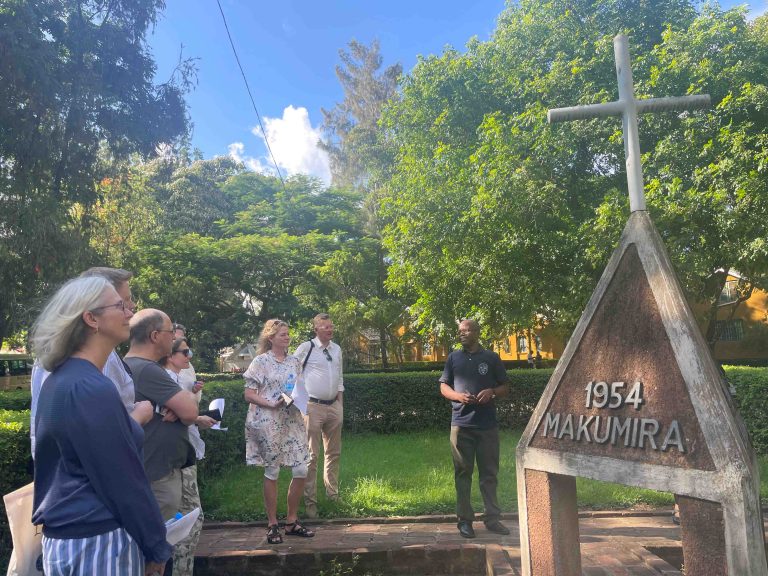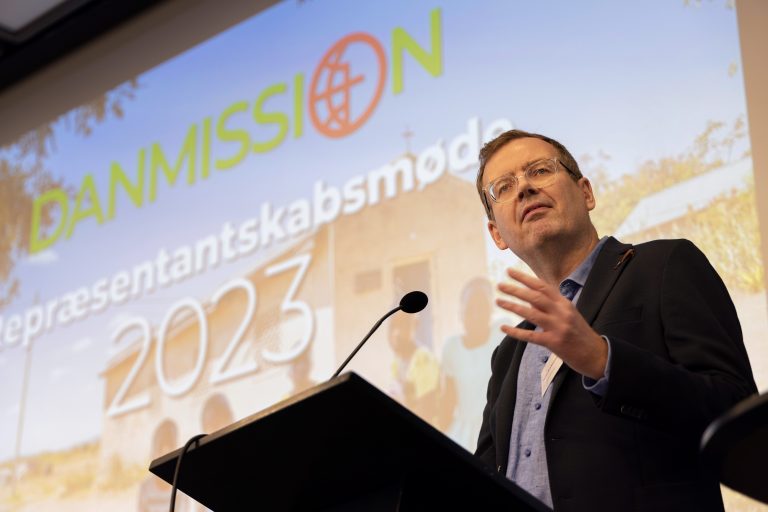Ny generalsekretær i Danmission: “Tro skaber forandring”
Gennem mere end 20 års karriere har Julie Koch arbejdet for en mere retfærdig og bæredygtig verden. Hun har en ambition om at bringe Danmissions tætte samarbejde med kirker og kirkelige organisationer endnu mere i spil. For tro er en vigtig katalysator for forandring og udvikling, mener hun










